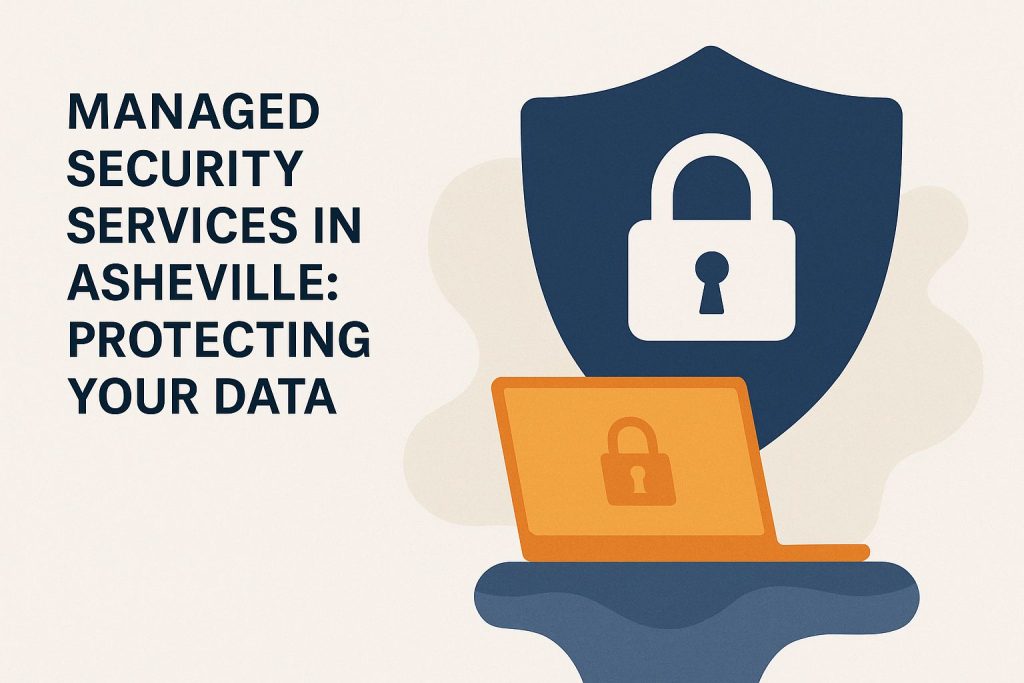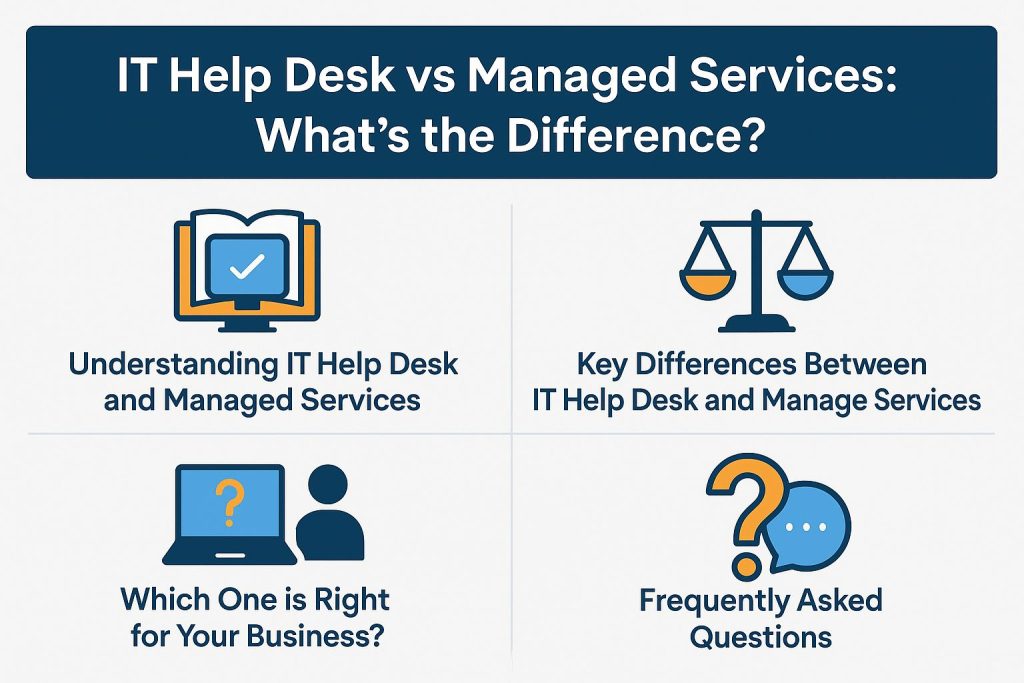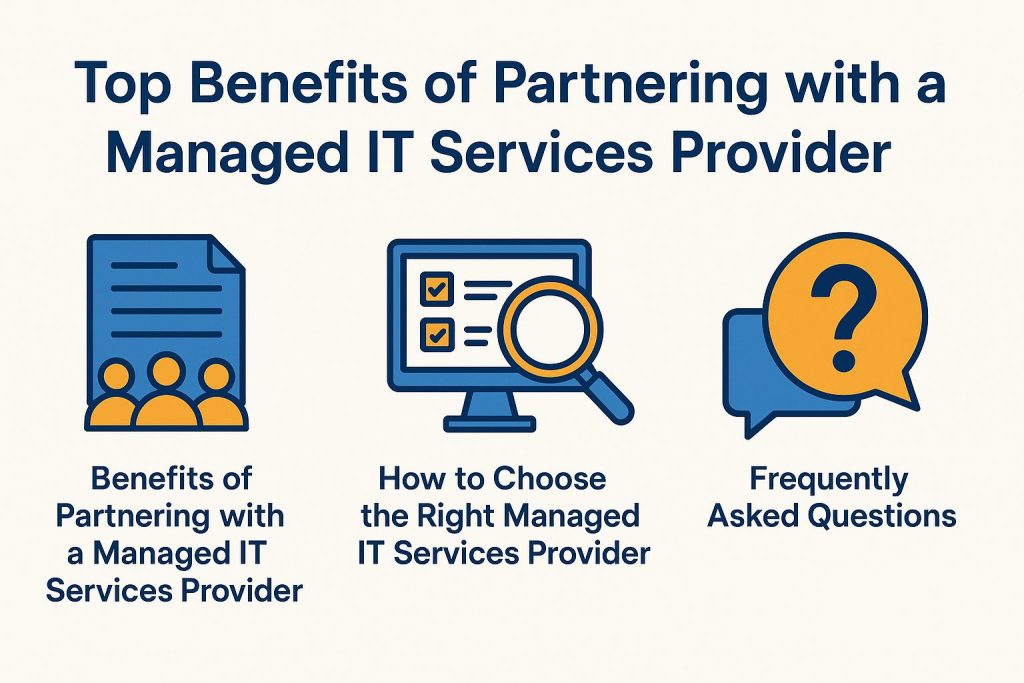How Managed Security Services Safeguard Your Digital Assets
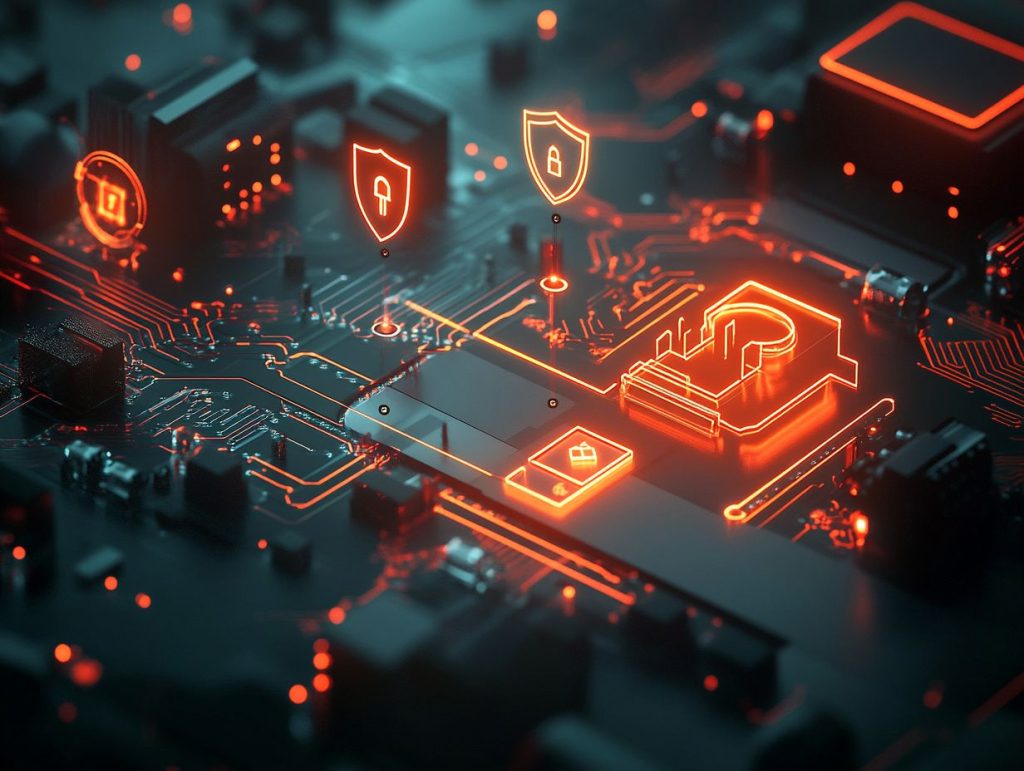
Today, protecting online assets, like Digital Assets, is crucial. As cyber threats rise, businesses must understand Managed Security Services (MSS) and their impact on Cybersecurity. This article looks at MSS components, the importance of securing Digital Assets, and risks from cyber attacks. It discusses types of security services, benefits of outsourcing, and how to choose the right provider.
The exploration of digital security complexities will provide insights into how businesses can effectively shield themselves from potential threats.
Definition and Overview of Managed Security Services
Managed Security Services (MSS) are outsourced cybersecurity solutions. They protect Digital Assets and prevent Security Breaches from various cyber threats.
A Security Operations Center (SOC) helps organizations enhance their security and address vulnerabilities effectively.
In the current digital landscape, the significance of these services is paramount. These services are crucial today.
Managed Security Services provide not only real-time threat intelligence but also thorough risk assessments to identify potential weaknesses within an organization. They incorporate advanced security frameworks that align with industry standards, such as NIST or ISO, and Security Best Practices, offering a structured approach to managing and mitigating risks.
This holistic strategy enables businesses to strengthen their defenses while remaining compliant with regulatory requirements, ultimately enhancing their resilience against evolving threats and Cyber Risk.
The Importance of Safeguarding Digital Assets
Safeguarding digital assets is essential in today’s interconnected environment, as organizations increasingly depend on technology to store sensitive data, protect Data Privacy, and conduct operations.
The proliferation of cyber threats, including data breaches, advanced persistent threats, and Malware Protection, underscores the need for a comprehensive cybersecurity strategy that prioritizes data protection and compliance with privacy regulations and Security Certifications.
Implementing effective risk mitigation not only secures sensitive information but also enhances customer trust and fulfills regulatory requirements, ensuring both Business Continuity and cyber resilience. If you’re interested in exploring tailored technology solutions that can bolster your organization’s cybersecurity efforts, consider our Mars Hill IT Services for comprehensive business technology solutions.
Risks and Consequences of Cyber Attacks
The risks and consequences of cyber attacks are numerous, encompassing financial losses from data breaches and reputational damage that can erode customer trust. Organizations are confronted with various cyber threats, including ransomware attacks, phishing schemes, denial-of-service (DDoS) attacks, and Security Threats, all of which have the potential to disrupt operations and compromise sensitive data.
Therefore, the implementation of effective Incident Management and Disaster Recovery and a comprehensive incident response plan is vital for mitigating these risks and ensuring timely recovery from such incidents.
These cyber incidents not only jeopardize immediate operational integrity but can also result in long-term legal consequences and regulatory scrutiny. Consequently, it is essential for businesses to remain proactive in addressing these evolving threats and enhancing Security Metrics. For additional insights into effective protection measures, explore our guide on IT Security in Asheville, NC and Cybersecurity Services.
Security technologies like intrusion detection systems, firewalls, and endpoint protection are critical for strengthening defenses.
Organizations should establish strong metrics to evaluate their security protocols and refine their strategies over time. By emphasizing security policies, Incident Response mechanisms, and Risk Management strategies, businesses can significantly enhance their resilience against cyber attacks and protect their assets more effectively.
How Managed Security Services Protect Your Digital Assets

Managed Security Services (MSS) protect digital assets. They use proactive measures to improve threat detection and data protection.
MSS providers use advanced technology. These include firewalls, intrusion detection systems, and endpoint security solutions. They monitor networks for vulnerabilities. They respond to security incidents.
This approach helps identify and reduce cyber threats. It also supports compliance with regulations and strengthens an organization’s cybersecurity framework.
Types of Security Services Offered
Managed Security Services offer many security services. These services meet different organizational needs in cybersecurity.
Services include Security Audits, Managed Detection and Response (MDR), Vulnerability Assessment, and Firewall Management. These help organizations find and fix security gaps. Endpoint Protection ensures all devices connected to a network remain secure.
Additionally, specialized services like DDoS Protection and Security Awareness Training enhance an organization’s defenses against potential attacks.
Moreover, Threat Intelligence and Incident Response are critical components that help organizations anticipate and respond swiftly to emerging threats. By leveraging real-time data, these services facilitate proactive measures essential for minimizing damage caused by security incidents. As mentioned in our article on why Asheville businesses need to prioritize IT security in 2025, staying ahead of threats is crucial for long-term security.
Compliance Management also plays a vital role in assisting organizations in adhering to industry regulations, thereby maintaining a robust posture against legal and financial penalties.
Collectively, these varied security services constitute an integrated strategy within the Security Ecosystem that effectively addresses common challenges, including evolving cyber threats, data breaches, and the increasing complexities of IT environments, ultimately contributing to the establishment of a resilient organizational framework.
Benefits of Outsourcing Security Management
Outsourcing security management offers key benefits. It improves an organization’s cybersecurity and saves costs. It also provides access to specialized expertise. By engaging Managed Security Service Providers (MSSPs), businesses can concentrate on their core operations, confident that their cybersecurity needs are effectively managed by professionals with expertise in security intelligence and threat mitigation.
This collaboration not only promotes a robust security culture within the organization but also aids in compliance with industry standards and regulations.
MSSPs introduce the latest security technologies. Smaller organizations may find these challenging to implement, such as Zero Trust Security and User Behavior Analytics, ensuring defenses remain current against evolving threats. They also deliver continuous monitoring capabilities, facilitating rapid detection and response to incidents, which significantly minimizes the time attackers can operate undetected.
By improving incident response times and adopting Threat Mitigation strategies and reducing recovery costs, the integration of these advanced services fosters a more resilient cybersecurity environment. Ultimately, outsourcing security management gives the power to organizations to navigate the complex threat landscape with increased assurance and agility.
Choosing the Right Managed Security Service Provider
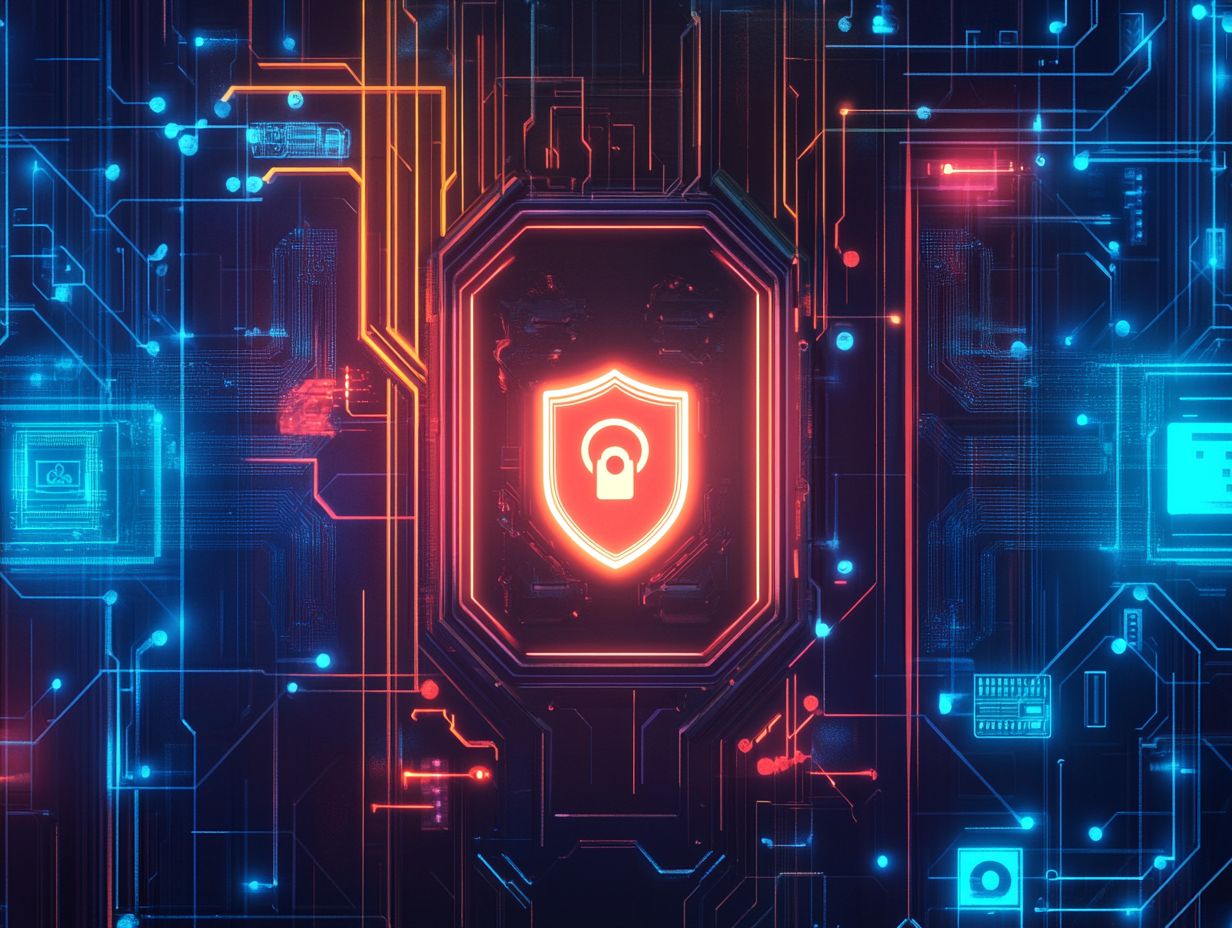
Choosing the right MSSP is vital. It helps organizations improve cybersecurity and protect digital assets.
Important factors to consider include the MSSP’s expertise in security solutions, comprehension of compliance requirements, and capacity to perform comprehensive risk assessments tailored to your needs.
An ideal provider should exhibit a strong security framework and Security Architecture that aligns with the organization’s objectives, fostering a partnership that promotes long-term cybersecurity resilience.
Factors to Consider and Questions to Ask
When selecting a Managed Security Service Provider (MSSP), organizations should consider key factors. They should ask the right questions for success.
Key considerations include the provider’s experience. Also, consider their ability to conduct compliance audits. Evaluate their approach to risk assessment and management. Organizations must understand how the MSSP addresses security challenges. They should also know the methods used for threat detection and incident response.
Evaluating the provider’s support structure is essential. Focus on response times and the availability of security experts for Remote Security support. Organizations should also inquire about the MSSP’s track record with similar businesses and industries, as this information can offer valuable insights into their strengths and weaknesses.
Assessing the scalability of services is another crucial aspect, as organizations require a partner that can adapt and grow alongside their evolving needs and threats. Additionally, understanding the technologies employed by the MSSP and their compatibility with existing systems is important for fostering smoother integration, ultimately strengthening the overall cybersecurity posture.
FAQs
1.
What are managed security services, and how do they safeguard my digital assets through threat detection and risk management?

Managed security services are outsourced. They monitor and protect your digital assets from threats. These services utilize advanced technology and expert personnel to proactively identify and mitigate potential risks, keeping your digital assets safe and secure.
2.
What types of digital assets can be safeguarded by managed security services?
Managed security services can safeguard a wide range of digital assets, including sensitive data, networks, applications, and devices. They can also protect cloud-based assets, as well as on-premise infrastructure and systems.
3.
How do managed security services stay updated with the constantly evolving cybersecurity landscape?
Providers employ dedicated professionals. They monitor and analyze emerging threats and vulnerabilities. This helps them stay ahead of attacks. They update security measures to safeguard your assets.
4.
Can managed security services customize their approach to fit the unique needs of my business?
Yes, managed security services providers can tailor their services to fit the specific needs and requirements of your business. This includes implementing industry-specific compliance measures and addressing any unique security concerns your business may have.
5.
What are the benefits of outsourcing my cybersecurity to managed security services?
Outsourcing cybersecurity lets you focus on your business. Experts will safeguard your digital assets. This also provides 24/7 monitoring and support, cost-effective solutions, and access to the latest cybersecurity technology.
6.
How can I be sure that my digital assets are effectively safeguarded by managed security services?
Managed security services providers offer regular reports and updates on the status of your digital assets, as well as any potential threats that were identified and mitigated. These providers also offer service level agreements (SLAs) that outline the level of protection and response time your business can expect from their services.
